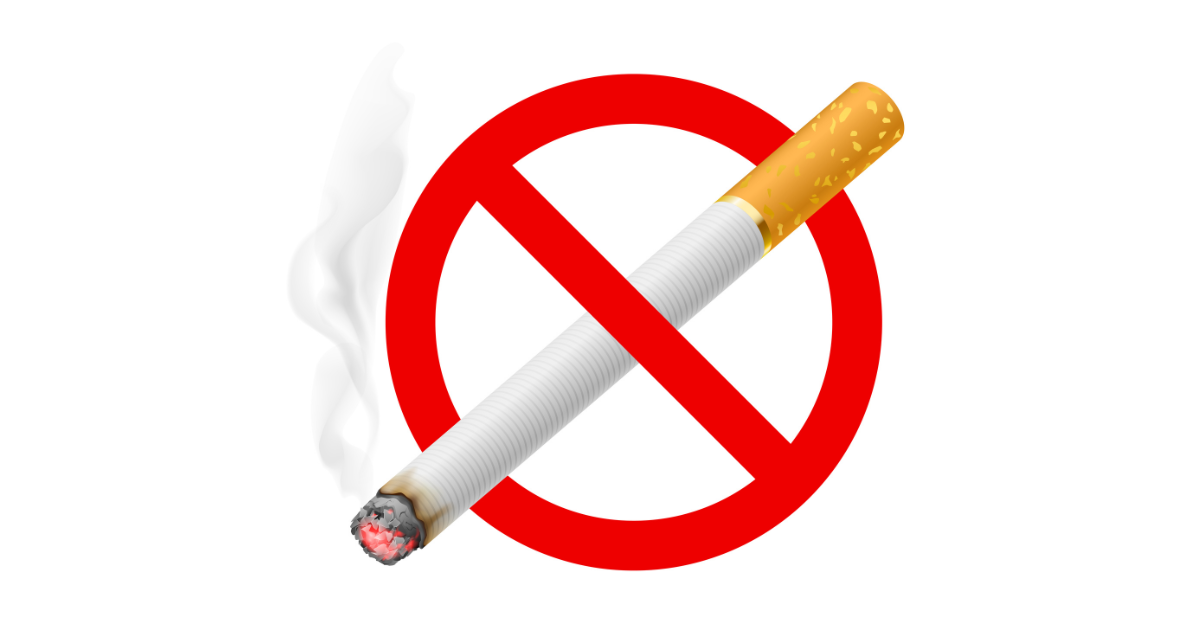Importance of Smoking Cessation Prior to Orthopedic Surgery
- Posted On:

Smoking is a well-known contributor to numerous health issues, such as heart disease, asthma, and lung cancer. What many patients do not know, is that smoking also increases the risk of complications for patients undergoing orthopedic surgery.
If you are a smoker and have surgery scheduled, you are at a heightened risk of experiencing complications.
How Smoking Can Impact Your Orthopedic Surgery
Below are some of the ways in which smoking can have a detrimental effect on the success of your surgery and recovery.
Delayed Healing and Infection
Smoking significantly compromises the immune system, leaving the body vulnerable to infections. This poses a serious risk after orthopedic surgery, as infections can quickly spread to your muscles, tendons, bone, and skin, causing delays in tissue or bone healing, and potentially leading to further complications post-surgery, such as the need for further surgery.
Bone Health
Smoking reduces the blood flow to bones by constricting blood vessels, reducing blood flow to bones, and depriving them of vital nutrients and oxygen they need to stay strong and healthy. Weakened bones will be slower to heal after surgery. The weakened bones are also more susceptible to re-injury.
For patients who have a broken bone that doesn’t need surgery, the bone needs a healthy blood supply to heal. Smoking causes the bone to take longer to mend back to itself. At times, smoking will impact bone healing completely, which is called a non-union.
Delayed or Failed Spinal Fusions
The success of certain orthopedic surgeries, such as spinal fusion, depends on the fusion of bones in the affected region. However, smoking can hinder this process by impeding the production of new bone cells. As a result, the fusion may be delayed or may not occur at all, compromising the stability and support of the affected area. The American Academy of Orthopeadic Surgeons shared a study on spinal fusions of the lower back. The success rate was 80-85% for patients who never smoked or quit prior to surgery. This success rate dropped to under 73% for patients who smoked.
Anesthesia Complications
Smoking can cause damage to the lungs and airways, leading to reduced lung function. This can affect oxygen delivery to the body during anesthesia, making it less effective and increasing the risk of surgical complications from anesthesia. Smoking can also damage the heart and blood vessels, increasing the risk of cardiovascular complications during surgery. These complications can include high blood pressure, heart attack, and abnormal heart rhythms (arrhythmias).
Drug Interactions
Smoking can interfere with the way medications are metabolized and absorbed by the body. This can lead to unexpected drug interactions or cause medications to be less effective during and after surgery.
When to Quit Smoking Prior to Surgery
If you are a smoker, it is crucial to be transparent with your doctors. This will ensure that they are fully informed about any potential risks associated with your surgery.
The World Health Organization provides evidence revealing that smokers who quit approximately four weeks or more before surgery had a lower risk of complications and better results six months after surgery.
If needed, your doctor can provide you with resources to help quit smoking.
We are here for you every step of the way, from diagnosis through treatment. Contact our orthopedic specialists online or call (630) 584-1400.

.1).jpg)
.jpg)
